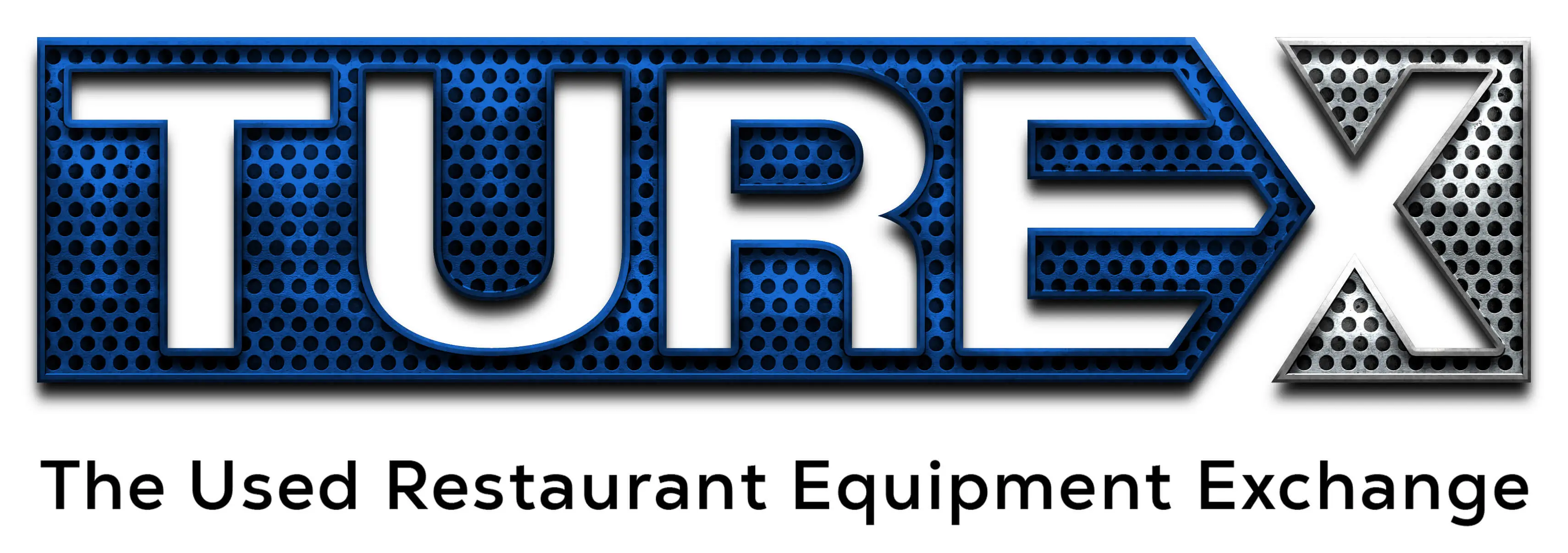How to Get Easy Restaurant Loans
Navigating the financial labyrinth of restaurant ownership can feel like a culinary challenge with an ever-changing recipe. A critical ingredient in this recipe? Securing the right loan. Choosing the wrong one can leave you with heartburn, while the right one can be the secret sauce to success.
Why You Need Restaurant Loans
A well-timed loan can be the culinary hero your restaurant needs. It can bridge the gap between stretched resources and expanded potential, allowing you to:
Level up your staff
Hire additional hands to handle a booming customer base and maintain that coveted Michelin-star service.
Invest in Ambiance
Invest in renovations or equipment upgrades that elevate your restaurant's atmosphere and attract a wider audience.
Safety Net
Build a financial buffer to navigate unexpected challenges, from ingredient price hikes to temporary closures.
Financing Options for Restaurants
While traditional banks might be the first stop for many, they're not the only option. The landscape of restaurant finance is diverse, offering a variety of lenders, each with their own advantages and quirks
1. Angel Investors
Imagine seasoned investors, akin to Michelin-starred patrons, captivated by your gastronomic vision. They offer a substantial injection of capital, acting as your culinary Midas Touch. However, be prepared to relinquish some control, for their investment comes with a voice at the table.
2. Family & Friends Loan
These loans are like the warm embrace of a family recipe, seasoned with love and trust. While convenient, treat them with respect. Clearly define terms and repayment schedules to ensure these loans remain the comfort food of your relationship, not a bitter aftertaste.
3. SBA Loans
The Small Business Administration acts as your culinary concierge, opening doors to loans specifically tailored for aspiring restaurateurs. This government backing reduces risk for lenders, making it easier to secure funding. However, be prepared for a meticulous application process and the need for some personal investment, akin to providing the base for your culinary creation.
4. Bank Loans
These are the cautious financiers, their doors guarded by stringent criteria. To secure their approval, present a robust business plan, a credit history seasoned with responsibility, and additional collateral, like a pledge of your culinary kingdom.
5. Credit Union Loans
Think of them as the neighborhood co-op of financing, offering competitive rates and flexible terms, appreciating a well-developed business plan and the promise of a dish delectable to the local palate.
6. Crowdfunding
Imagine a digital feast where you present your culinary vision to the public. Platforms like Kickstarter allow you to offer delectable rewards in exchange for contributions, building buzz and community alongside your financial capital.
7. Credit Cards
These are the quick dash of financial seasoning, ideal for minor expenses. But beware the scorching interest rates! Use them sparingly and only if you can repay quickly, lest they leave a bitter taste in your financial ledger.
8. Personal Savings
Tapping into your own reserves can be a tempting option, offering independence and control. However, approach it like a calculated investment. Set a repayment schedule and maintain a healthy emergency fund, ensuring your culinary journey is not interrupted by financial constraints.
9. Home Equity Loan
This is a risky dish, using your home as collateral. Consider this a last resort, only after carefully weighing the potential consequences of failure. It's like adding a volatile ingredient to your financial recipe, with the possibility of a delicious outcome or a bitter burn.
10. Peer-to-Peer Lending
Connect with online investors willing to invest in your culinary endeavor in exchange for interest. While this can be viable, be prepared for higher interest rates compared to traditional loans, ensuring your financial plate remains balanced.
11. Cash Advance
These are the quick-fix loans of the financial world, offering instant cash at exorbitant interest rates. They should be considered only for emergency situations and with extreme caution, like a sprinkle of chili flakes on your financial palate, adding a burst of flavor but potentially burning your tongue.
12. Landlord Loan
Negotiate with your landlord for reduced rent or profit-sharing in exchange for funding. This can be a win-win, but ensure everything is clearly documented to avoid future misunderstandings. It's like collaborating on a menu with your landlord, each contributing ingredients for a delicious and profitable outcome.
Remember, there's no one-size-fits-all recipe for funding. Choose the option that best compliments your unique culinary vision and financial circumstances. Do your research, compare ingredients, and select the perfect blend to nourish your restaurant's growth while minimizing risk. Bon appétit, aspiring chef! May your culinary dream rise to Michelin-starred heights!




